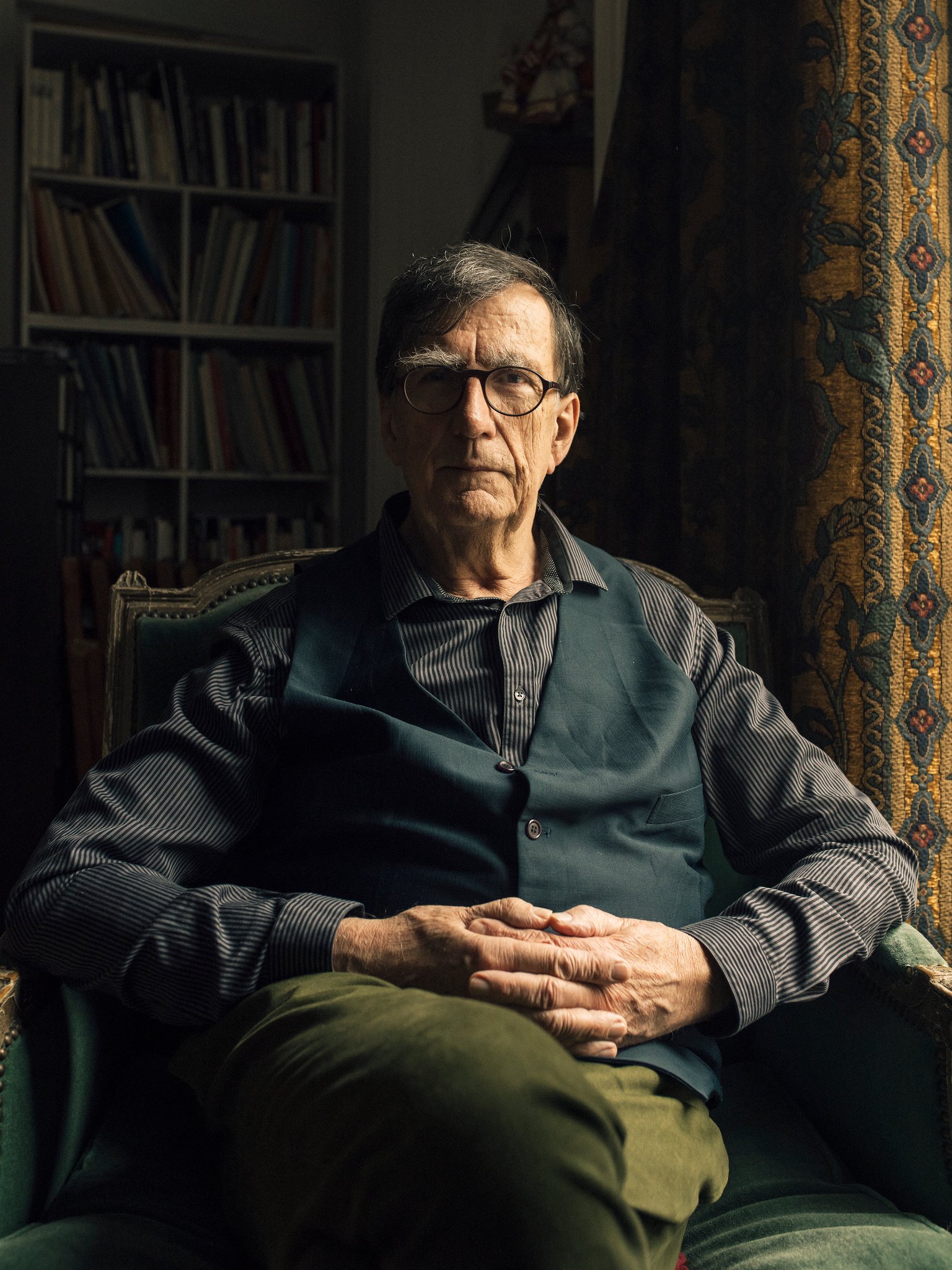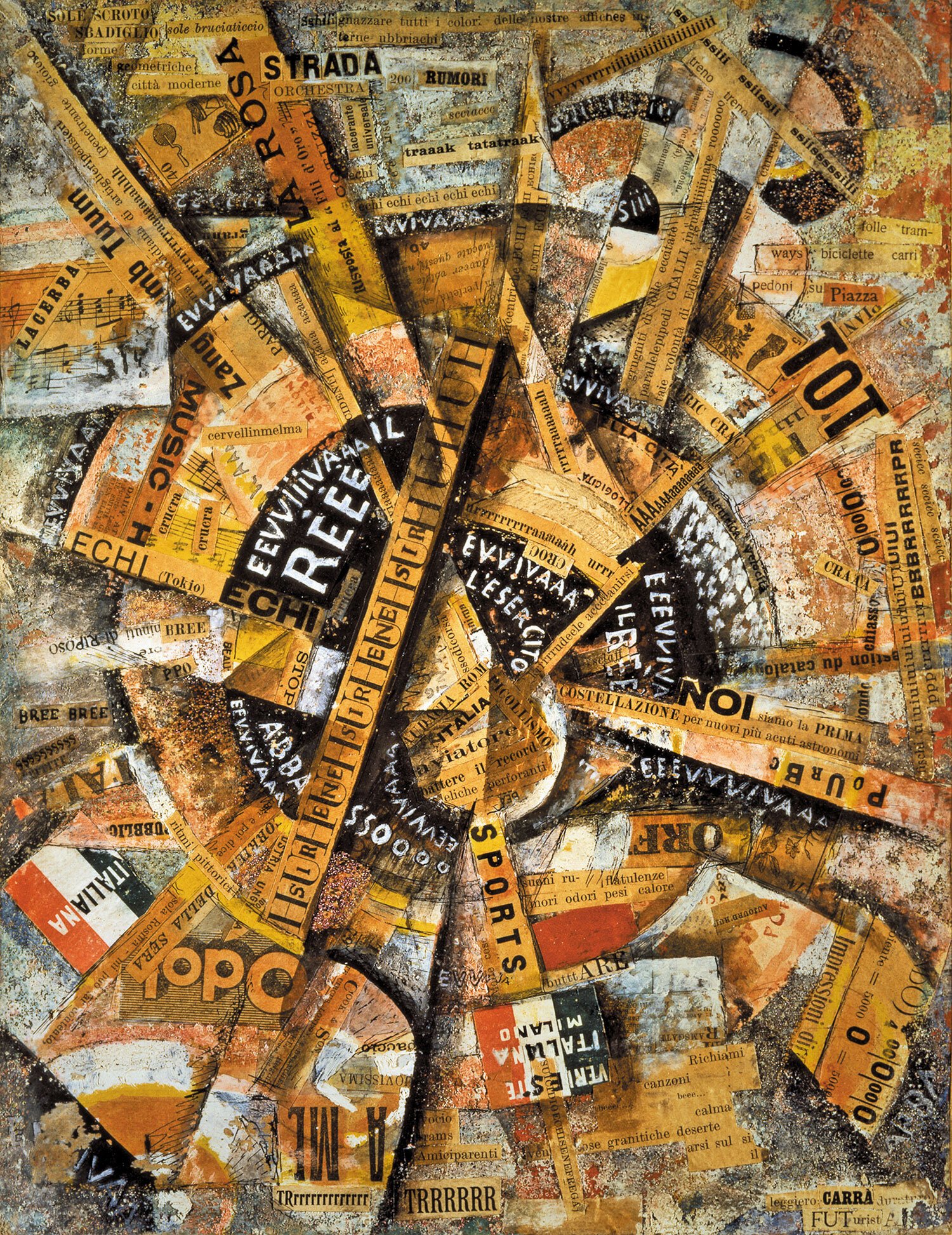The Genealogies of Modernity Journal
Joy to the World: Seneca on the Mutual Pleasure of Gift-Giving
This year, I’ve decided to take a new approach to Christmas gift-giving—one inspired by the Roman Stoic philosopher Seneca.
J. LaRae Cherukara goes Christmas shopping with Seneca.
The Geopolitics of Nostalgia: Dante and Xi Jinping
The politics of nostalgia looks to translates the past into a near-future that is utterly inhospitable to it. It is about using the past-that-never-was to build a future-that-never-could-be.
Andrew Latham reads Dante’s Monarchia and Xi Jinping’s China Dream together.
Recipes for a Different Modernity
Using these recipes privileges cultural memory and tradition over efficiency and precision. Thus, we participate in the ritual of cooking not as a means of scientific inquiry or perfection, but to strengthen the community ties that bring us together at the table.
Alexandrea Pérez Allison on cookbooks and modernity.
We Have Always Never Been Modern
Modernity is more akin to an epistemological front, waxing and waning here and there in history, whose distribution might be unevenly spread across different human societies at any given moment.
Tim Howles expands on Bruno Latour's genealogies
Beyond Loneliness to Solitude
The pandemic has made many acutely aware of the absence or presence of solitude in one’s life—in crowded households, its paucity, and in bachelor pads, its excess.
Suzannah Cady reviews A History of Solitude
The Happening: Modernity and the Event
This absurdity is at the heart of what makes the film profound. “The Happening” depicts our impaired ability to grapple with that which fails to make logical, rational sense.
Katherine Kurtz watches the The Happening for guidance in 2020.
The Guillotine or the Cross
Here is the simple truth on which Dickens has founded his Tale, a truth that still resonates today. It is still the best of times, still the worst of times, but there is no time that cannot be redeemed by love.
Dwight Lindley finds a stark decision in Charles Dickens.
Excommunicating Exoskeletons: The Case of Gregarious Grasshoppers
Why excommunicate these leggy litigants who had never been communicated? Whose chirps of defense fall on unwitting human ears?
Maggie Slaughter on grasshoppers
Beyond the Reach of Modern Reason: Thomas Gricoski’s Being Unfolded
Philosophy cannot be reliably quarantined from the reign of theology, for any reflection on being necessitates reflection on the eternal source of all being
Katherine Apostolacus follows Edith Stein through phenomenology into theology
‘Feeling’ Genealogy: A Personal Essay
My father’s obituary was simple. It read, ‘Charles D. Marsh/Garretson, 53, a lifelong resident of Jersey City passed away on May 3rd, 2020, at Hoboken University Hospital.’
Krystal Marsh on genealogies, Shakespeare, and memory.
What Truth Can be Found There? On Modern Art
This is something I can trust. Something I can give myself to, because in giving myself to it I don’t abandon my judgment, or foreswear my world. I set my eyes to work. I look into the painting. I look for how it shows itself to me. And I try to see what truth can be found there.
Tom Break on the hard road to truth.
Human Dignity in the Technological Age
Growing dependence on technology allows the kind of independence the modern person craves: self-willed autonomy.
Catherine Yanko reads Romano Guardini during our digital lock-down
Seeing in the Spirit: On Modern Art
Making oneself look at the painting becomes a forcible quieting of the mind. And because the work requires looking with attention, what you see, at the end of the looking, you see consciously.
Tom Break traces spiritual art from Abbot Suger to Ad Reinhardt.
Striking the Right Note: Orchestras and the Pandemic
Coronavirus limitations actually present American orchestras with an excellent opportunity to explore music that American audiences rarely hear and to experiment with both old and new ways to perform classical music.
Jacob Martin looks for new paths for orchestral music.
Signed, Sealed, Delivered: The Mailbox Temple of Amritsar
Two containers with a temple complex: a ship and a mailbox. Both drip with blood drawn in white heat of colonial suspicions of rebellion and rights to autonomy.
Maggie Slaughter exposes colonialism and orientalism in a mailbox and a passenger ship
We Are What We Behold
While the ancients may have had the science wrong, the reality of the experience to which they referred by the “Gorgon effect” still rings true today.
J. Larae Cherukara revaluates forgotten theories of optics
Modernity in the Balance
Ideas have afterlives: they live on in subcultures that intentionally preserve them, in practices that have long lost their justification, and in our contradictions and nagging doubts.
John Buchmann offers a genealogy of balance and economics.
Finding Light in the Modern: Terrence Malick’s A Hidden Life
Franz kneels before the priest. It is nighttime and the cell is utterly dark save for one luminous candle. This is the light that shines in the darkness. And the darkness cannot overcome it.
Jeffrey Wald examines the power of cinema in the modern world.























